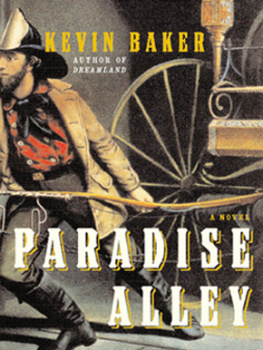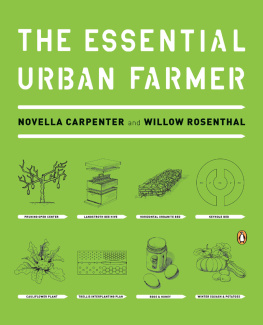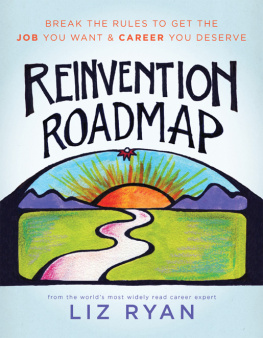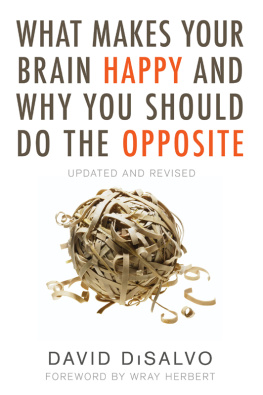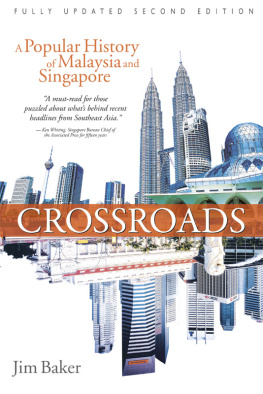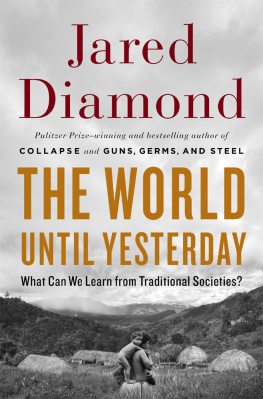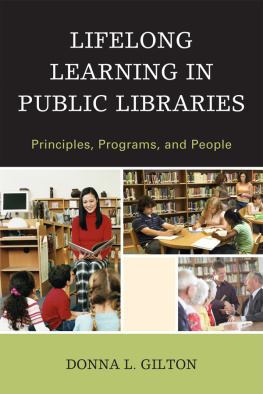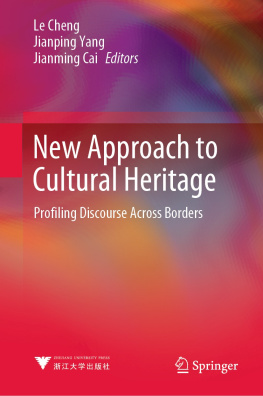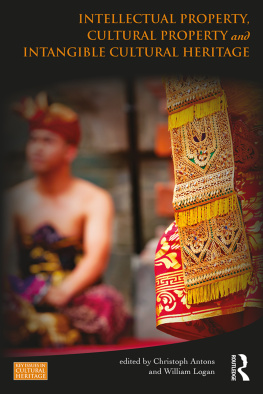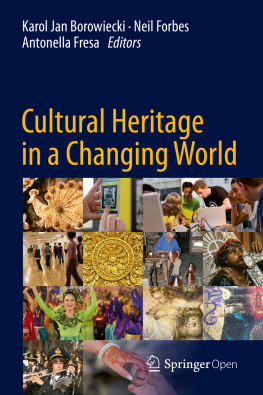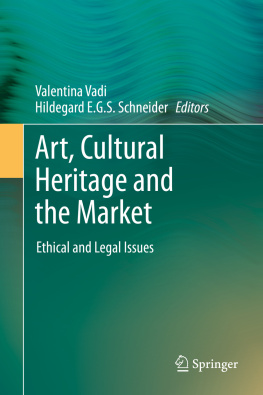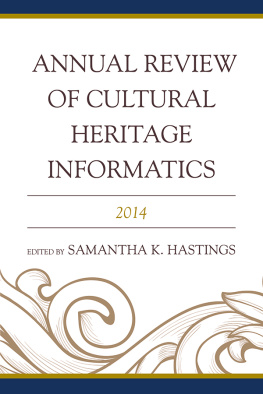I dedicate this book to the memory of my friend and colleague, the late Dr. Zakes Letshela, former Programme Executive for Collections Management at the National Library of South Africa, who was so tragically taken from us in December 2002, and who I know would have been passionate and excited about the vision outlined in this book.
I also dedicate this book to my wonderful parents, the late Daphne and Ronald Sinclair Roxburgh.
List of abbreviations
ACRL Association of College and Research Libraries
ANC African National Congress
COSATU Congress of South African Trade Unions
IFLA International Federation of Library Associations
NLS National Library of Singapore
NLSA National Library of South Africa
OCLC Online Computer Library Center
PMM personal meaning mapping
SCONUL Society of College, National and University Libraries
Acknowledgements
This book is the result of exposure to many perspectives, places, inspirational ideas and support from a number of people and organizations, both in South Africa and in the many countries I visited during the course of my work for the IFLA (International Federation of Library Associations).
Grateful acknowledgement is given to the vision and inspiration provided by Professor Peter Lor, former and founding National Librarian of the National Library of South Africa (NLSA) and Secretary-General of the IFLA, who nominated and supported me to serve on the IFLA Document Delivery and Resource Sharing Standing Committee, and who has continued to be a source of inspiration in his research, analytical critiques and his rare gift for the generation of new ideas and fresh perspectives.
I also thank Professor Rocky Ralebepi-Simela (former Chair of the Board of the NLSA) and John Tsebe (current National Librarian of the NLSA) for their support of my IFLA work through the years 200411.
For their support, encouragement and sheer excellence of standards, I am deeply grateful to the staff of the Library and Information Studies Centre at the University of Cape Town, South Africa, and I especially wish to acknowledge Mary Nassimbeni, Jaya Raju, Peter Underwood, Karin de Jager and Gretchen Smith who have all contributed to my academic development over the years. I also acknowledge the wonderful staff of Hiddingh Hall Library at the University of Cape Town (Solvej Vorster, Kashiefa Shade, Caitlin Miller and Peter Vries) for their friendly, professional and efficient service truly, they epitomize how dedicated librarians are an absolute treasure for any researcher.
Other colleagues (academics and practitioners) have been inspirational, and locally in South Africa I acknowledge Henry Bredenkamp and Rooksana Omar of Iziko Museums in Cape Town, Ninnie Steyn and Nazeem Hardy of the City of Cape Town Public Library Services, the Western Cape Provincial Archives, Mandy Gilder and Alexio Motsi of the National Archives in Pretoria, Ellen Tise (University of Stellenbosch), Haffy Hafferjee (retired, University of KwaZulu-Natal), Christine Stilwell (University of KwaZulu-Natal), Genevieve Hart (University of the Western Cape), Denise Nicholson (University of the Witwatersrand) and Ingrid Thompson (University of Cape Town).
Internationally, I acknowledge Sue Myburgh (Australia), Harriet Deacon (UK), Gene Tan (Singapore), Uwe Rosemann and his colleagues at the TIB (Germany), Assunta Arte (Italy), Elisa Soares (Portugal), Jacqueline Gillet (France), Ertugal Cimen (Turkey), Fariborz Khosravi (Iran), Mary Hollerich (USA), Rose Goodier (UK), Robert Seal (USA), Margarita Moreno (Australia), Joan Stein (USA), Daniel Mattes (Mexico), Jindriska Coufalova (Czechoslovakia), Poul Erlandson (Denmark), Penelope Street and Betty Lowry (UK), Collence Chisita (Zimbabwe), Matthew Goldner (OCLC), Bob Krall (USA), Sjoerd Koopman (the Netherlands), Jess Lau (Mexico), Mike McGrath (UK), Paul Sturges (UK), Elmelinda Lara (Trinidad and Tobago), and many of the other colleagues with whom I worked during the course of my two terms on the IFLA Document Delivery and Resource Sharing Standing Committee.
I am deeply grateful to personal friends and family for their continuous support and motivational encouragement and I thank especially my sister Dawn, Alex, Ann-Christen, Kgomotso, Stewart and Janet, Michelle, Luca, Mandla, Andrew, Sipho, Robin, Thandi, Mustapha, Zayd, Elaine, Adrienne, Michael, Vusi and Mpho.
Finally, the staff of Chandos Publishing, most especially Jonathan, Ed and George, have been an absolute pleasure to work with responsive, helpful and encouraging all the way, and I wish to thank them for their outstanding support and guidance. I also wish to thank my copy-editor, Geraldine Lyons, for her meticulous work and suggestions.
About the author
.
Introduction
This book seeks to enter uncharted territory by exploring two seemingly antithetical fields: one rooted in the predominantly Western-based positivist scientific method of social science (information literacy within library science), and the other rooted in the complex and contested terrain of cultural heritage, which has been strongly influenced by postmodernist discourse. The book seeks to create a dialectical synthesis between these two seemingly opposing fields, in order to provide an integrated tool for teaching information literacy skills and cultural heritage awareness at the same time, in the context of lifelong learning.


